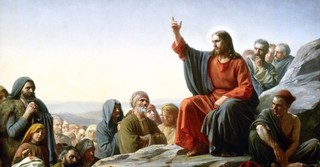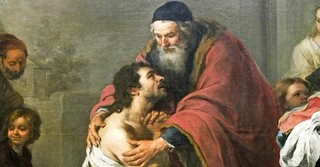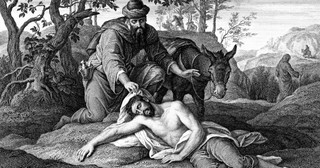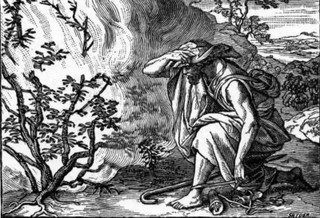
Moses and the Burning Bush
The story begins as Moses is shepherding his father-in-law Jethro's sheep in the land of Midian, he is witness to a burning bush on Mount Horeb. When Moses approaches the bush, the voice of God calls out to him to remove his sandals in the presence of the holy ground. God explains to Moses he has a plan for him to save the Israelites from slavery in Egypt and lead them to the Promised Land of Canaan. Moses is doubtful of his ability to do this at first and asks God who he should tell the Israelites has sent him. God answers with the famous line of "I AM WHO I AM. This is what you are to say to the Israelites: 'I AM has sent me to you.'"
Bible Commentary on the Burning Bush
1. Meaning and Use:
The scene at the burning bush reveals God to the world in one of the visible manifestations with fire, of which there are four mentioned in the Bible found in Exodus and 2 Thessalonians 1:8 (the King James Version, yet to be fulfilled). Many other Divine manifestations were associated with fire. The Burning Bush is mentioned elsewhere in Deuteronomy 33:16; Mark 12:26; Luke 20:37; Acts 7:30-31.
2. Identification:
The exact identification of the particular kind of bush in which God appeared to Moses is impossible. Attempts have been made to identify it with the blackberry bush, as by the Septuagint and also by the monks of the Convent of Catharine on Mount Sinai who grow the blackberry there in token of their tradition. The cassia has also been suggested. Both identifications are failures, the former because the blackberry does not grow in that region unless imported and tended, the latter for philological reasons. Nothing in the language used gives any clue to the species of the bush. The generally accepted view that it was some kind of thorn bush is an assumption with scarcely other ground than that there are so many thorny bushes in that region. This fact does, however, give to the assumption much probability.
3. Interpretation:
The old Jewish commentators have many things to say in the explanation of this theophany (compare Jewish Encyclopedia). That one thing which will meet with much response from the Christian heart is that the unconsumed bush with the fire in the midst of it indicated that the Israelites would not be consumed by the afflictions in Egypt. The application of this view to God's people under affliction in all ages is often made by Christian homilists. But this cannot have been the primary meaning of theophany. Of the many theophanies and other Divine manifestations with fire, the specific signification must be learned from a careful study of the circumstances in each case. The fire does not seem to have any singular fundamental meaning running through them all. In addition to the references already given, compare Psalms 18:8-12; 50:3; Ezekiel 1:4; Micah 1:1-4; Habakkuk 3:3-6; Hebrews 12:29.
Read the full story of Moses and the Burning Bush from the scripture text below and find articles, videos, and audio sermons on this remarkable story of trust and courage.
Photocredit: Wikimedia Commons, Illustrators of the 1897 Bible Pictures and What They Teach Us by Charles Foster


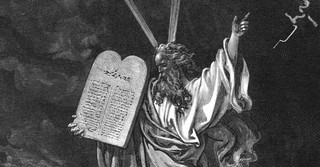
.800w.tn.jpg)


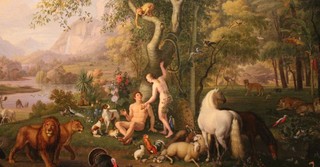
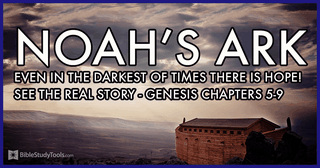
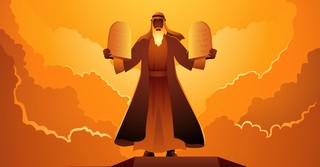
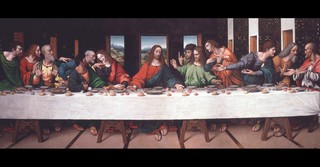

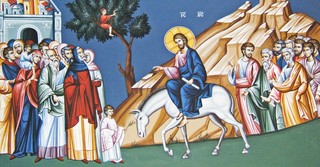
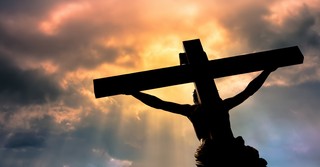
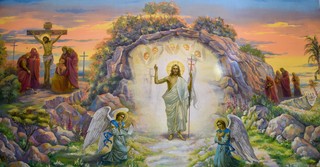
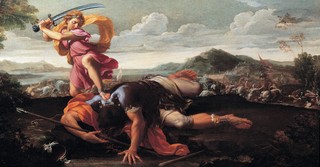
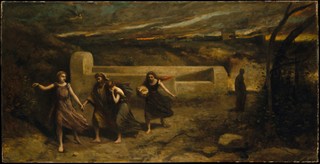
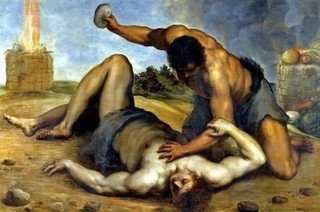
.800w.tn.jpg)
